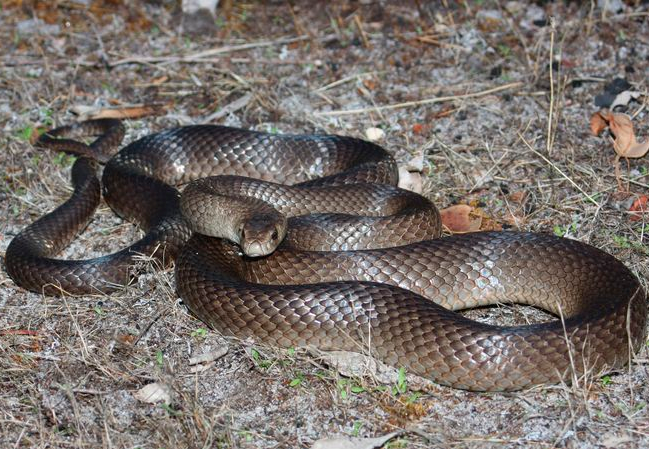


It’s Snake Season. Learn how to avoid snakes.
Early reports suggest this snake season, which ends in April, will be worse than usual. With warmer weather snakes are much more active and there are a few things you can do to reduce your risk of running into them;
- Make your house and property less attractive to snakes. Remove any debris or woodpiles, cut back long grass and shrubbery, remove leaf litter and block any holes around the outside of your house that may look like a safe spot to hide.
- Keep pests under control. Rodents are a good food source for snakes – less food means less snakes.
- Bird aviaries and chook pens can be very attractive to snakes. Keep your enclosure secure, clean and free of rodents. Ensure you have a fine mesh or shade cloth around the outside of any aviary so our snake friends don’t get stuck in the wire.
- Keep your pets safe. Unfortunately, our pets don’t deter snakes. If possible, keep cats inside (and protect our native wildlife in the process), and snake avoidance training for dogs can literally be a life saver.
- Check twice (if you can do so safely!). Often, blue-tongue lizards and other lizard species get mistaken for their long lost snake cousins. Lizards are a gardeners’ best friend and are a welcome visitor in your yard. Legs, ears, eyelids and a broad tongue are good indicators that you’ve got a mini, snail destroying Godzilla in your yard.
- Call a professional. Never attempt to catch or kill a snake. This is illegal and snakes are incredibly important to the local ecosystem. There are a lot of great snake catchers who will safely and humanly relocate your new friend.
- Snake identification can be tricky. A snake that is brown in colour may not be an eastern brown snake. If someone does get bitten by a snake, it is not necessary to catch or kill the snake first. Perform first aid and go straight to the hospital. If the bite is from a venomous snake, the hospital can test the bite site to determine who the culprit is and treat the patient accordingly.
- Stay up to date with current snake bite first aid for humans and pets and keep a snake bite kit on hand. If you still think sucking the venom from a snake bite is the correct first aid, it might be time for a refresher…
- If you see a snake, don’t panic. Back away to a safe distance. Your unexpected visitor will move on because, contrary to popular belief, snakes don’t want anything to do with people. A snake will only bite if it feels threatened; they are much smaller than we are and a bite or a strike is their only defense if they can’t get away first.
For more info How to stay safe throughout snake season (australiangeographic.com.au)

